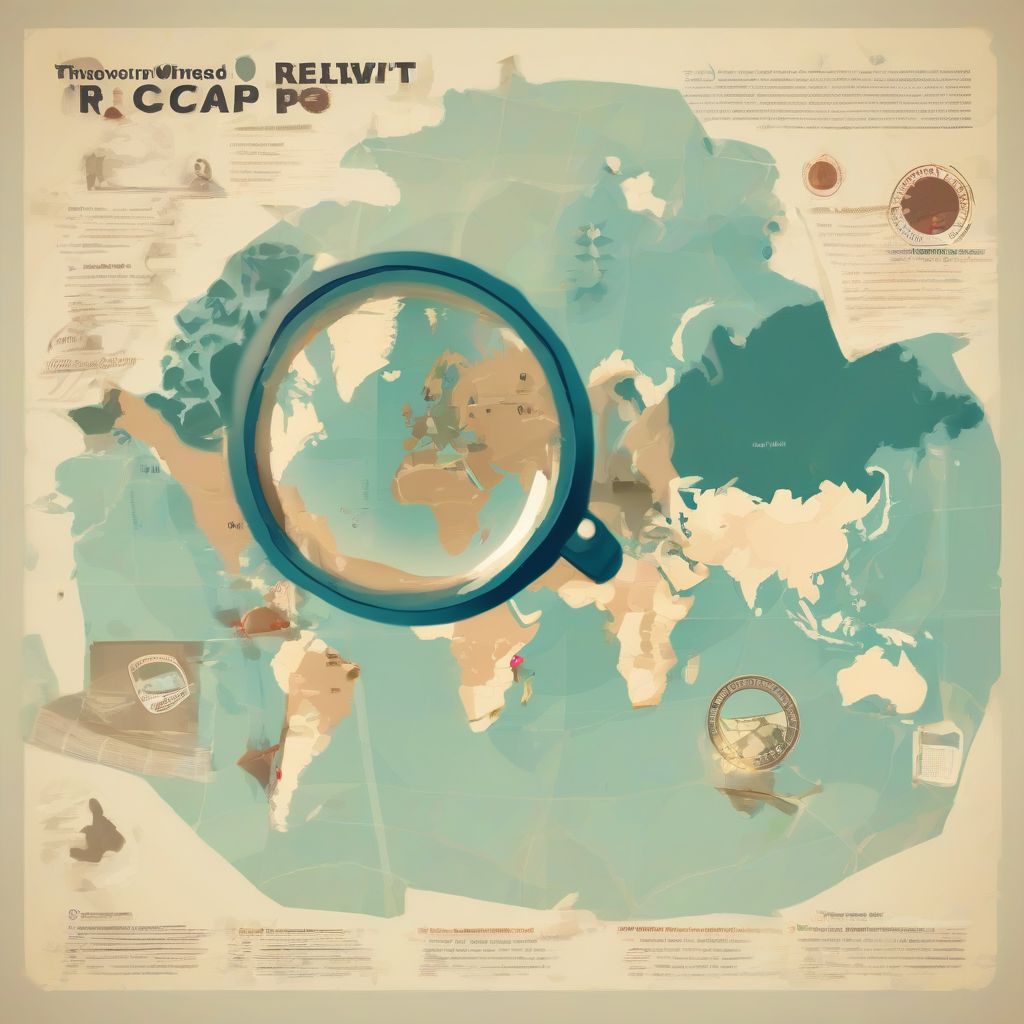Imagine this: You’re finally on that dream vacation, the sun is shining, and the only thing on your agenda is pure relaxation. Suddenly, you realize you’ve been tricked out of your hard-earned money. It’s a traveler’s worst nightmare and, unfortunately, a common occurrence. As a nutritionist and meal prep coach, I’m all about healthy choices, and that includes making healthy decisions while traveling. So, let’s dive into the world of travel scams, learn how to spot them, and most importantly, how to avoid them so you can enjoy your trip to the fullest.
Common Travel Scams and How to Outsmart Them
1. The Fake Taxi Driver
The Scam: You land at your destination, excited to start your adventure, and hop into a taxi. The driver takes a “shortcut,” takes you on a longer route, or insists on a fixed, inflated fare.
How to Avoid It:
- Pre-book your ride: Use reputable ride-hailing apps or book a car from a trusted company.
- Know the going rate: Research typical taxi fares beforehand or ask your hotel for an estimate.
- Use a GPS or map app: Keep track of the route and ensure you’re not being taken for a ride (literally!).
2. The Friendly Local
The Scam: A seemingly friendly local approaches you, offering unsolicited advice, directions, or help with your bags. They may try to lead you to a specific shop, restaurant, or attraction, where you’ll be pressured to buy overpriced goods or services.
How to Avoid It:
- Be wary of overly helpful strangers: While many locals are genuinely kind, trust your instincts if something feels off.
- Stick to official tourist information centers: Get your directions and recommendations from reliable sources.
- Politely decline offers: Don’t be afraid to say “no, thank you” and walk away.
3. The Broken-Down Vehicle
The Scam: A driver (often working with accomplices) stops on the road, pretending to have car trouble. They might ask for your help or offer you a ride, only to rob you of your belongings or worse.
How to Avoid It:
- Be cautious about stopping for strangers: Especially in remote areas, it’s best to keep driving.
- Offer to call for help: If you’re concerned, offer to call local authorities or a breakdown service.
- Don’t pick up hitchhikers: No matter how harmless they seem.
4. The Fake Wi-Fi Hotspot
The Scam: You’re eager to connect to free Wi-Fi, especially while traveling. But beware of fake hotspots, often named similarly to legitimate ones, that steal your personal information as you browse.
How to Avoid It:
- Use your mobile data: Consider using your phone’s data plan or purchasing a local SIM card, especially for sensitive transactions.
- Verify the network name: Double-check the Wi-Fi name with the establishment providing it.
- Use a VPN: A Virtual Private Network (VPN) encrypts your internet traffic, adding an extra layer of security.
5. The Ticket Scam
The Scam: Scammers try to sell you fake tickets to attractions, tours, or events. These tickets might be counterfeit, expired, or simply non-existent, leaving you stranded and out of pocket.
How to Avoid It:
- Purchase tickets from official vendors: Use authorized websites, ticket booths, or your hotel concierge.
- Inspect tickets carefully: Check for holograms, watermarks, and other security features.
- Be wary of deals that are too good to be true: If the price seems incredibly low, it’s probably a red flag.
Expert Insights
“One of the most common travel scams is the ‘too good to be true’ deal. If it sounds too good to be true, it probably is. Stick with reputable travel companies and websites, and always double-check prices and reviews.” – Sarah J., Travel Blogger, Sarah’s Wanderlust
Stay One Step Ahead: General Tips for Avoiding Travel Scams
- Research your destination: Learn about common scams in the areas you’ll be visiting.
- Be aware of your surroundings: Stay alert, especially in crowded tourist spots.
- Don’t flash cash or expensive jewelry: This can make you a target.
- Trust your instincts: If something feels wrong, it probably is. Remove yourself from the situation.
- Report any scams: Inform local authorities or your embassy to help prevent others from becoming victims.
 Travel Scam Protection
Travel Scam Protection
[amazon bestseller=”travel safety”]
Your Journey to Safe and Enjoyable Travels Starts Now
By arming yourself with knowledge and a healthy dose of caution, you can navigate the world of travel with confidence. Remember, awareness is your best defense against scams. So, pack your bags, grab your passport, and embark on your adventures, knowing that you’re prepared to outsmart any shady characters that cross your path. Safe travels!
